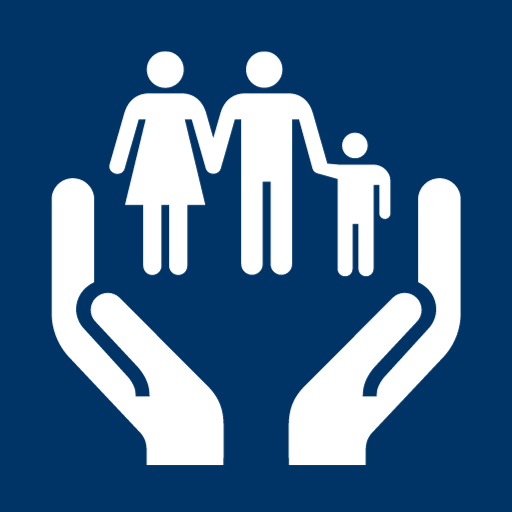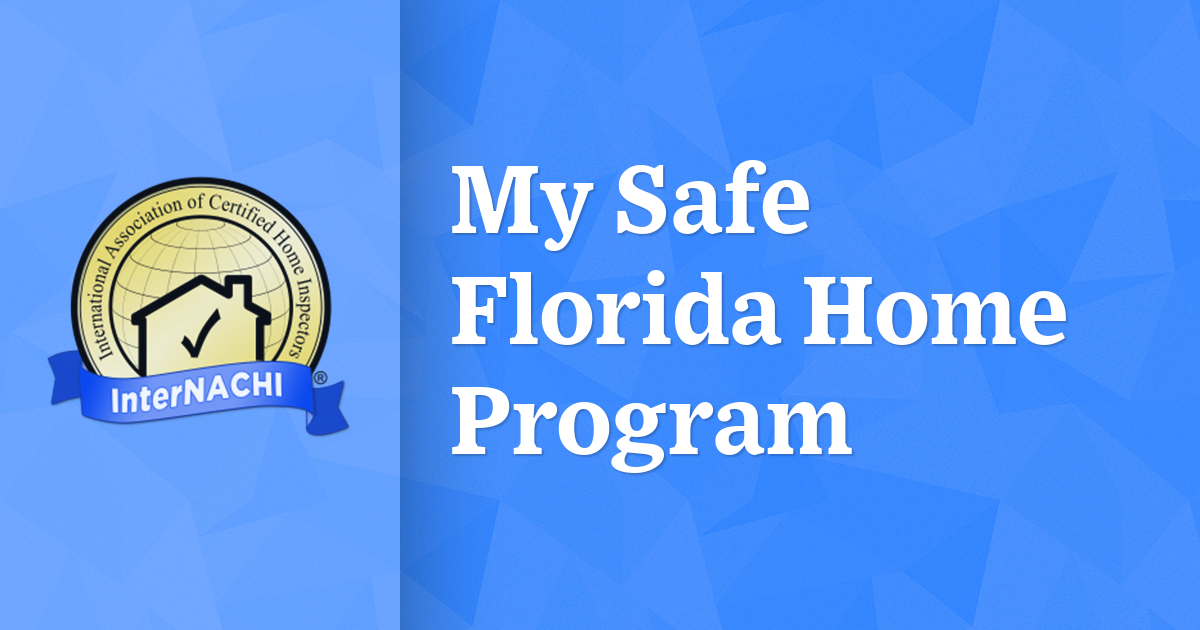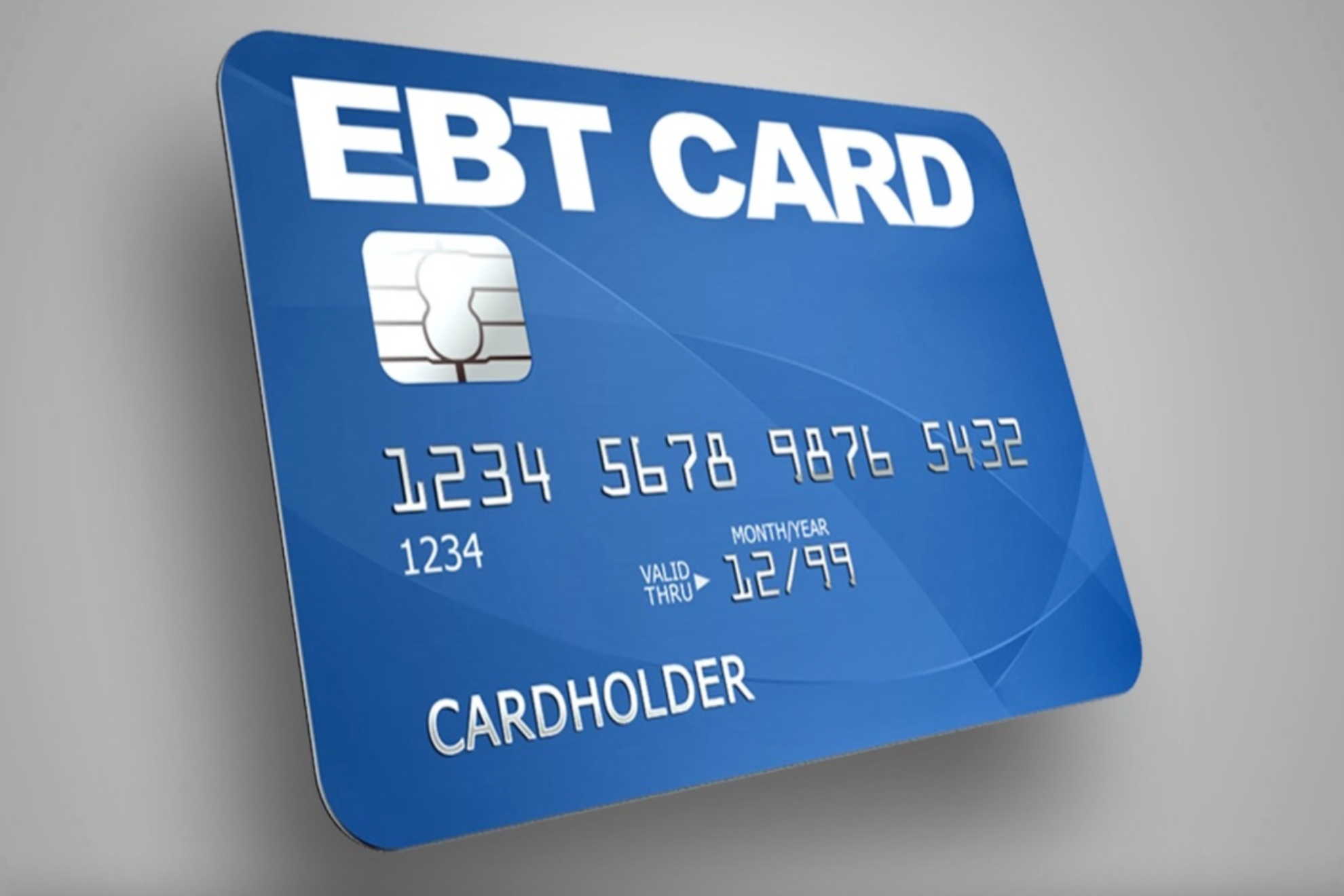This Fact Sheet provides a general description of the Food Assistance Program. The Department of Children and Families (DCF) determines eligibility for public assistance programs in Florida. State statutes, Administrative Rules, and federal regulations contain specific eligibility policies.
Note: Eligibility standards are subject to change in October of each year.
Food Assistance Program
Contents
The Food Assistance Program helps people with low income buy the food they need for good health. The U.S. Department of Agriculture (USDA) estimates how much it costs to buy food to prepare nutritious, low-cost meals and determines the amount of food assistance benefits an individual or family receives. Food assistance benefits are a supplement to a family’s food budget. Households may need to spend some of their cash, along with their food assistance benefits, to buy enough food for a month.
Household Status
Individuals who buy and cook food together are one household for food assistance purposes and must have their eligibility determined as a group. There are situations where DCF must include individuals in the same household, regardless of how they buy and cook their food. Examples include parents and children under age 22, adults exercising parental control over minors in the home, and spouses.
Residence/Citizenship
An individual must be a resident of Florida to receive food assistance benefits in Florida. An individual must either be a U.S. citizen or meet specific qualified noncitizen criteria. Noncitizens are not eligible for food assistance benefits until they provide acceptable proof of a qualified noncitizen status. Noncitizens who do not want DCF to verify their noncitizen status have the option of withdrawing their application or allowing the other household members to participate without that member.
Social Security Numbers
Individuals, including children, applying for food assistance benefits, must either provide a social security number, or proof they have applied for a social security number. Individuals in the household not applying for food assistance benefits do not have to supply a number or apply for a social security number.
Child Support Cooperation/Child Support Payment Requirements
Parents or relatives applying for food assistance benefits for dependent children, who have absent parent(s), must cooperate with the state’s Child Support Enforcement office to establish paternity and obtain child support for the children. Failure to cooperate, without good cause, results in the removal of the individual from the food assistance benefits.
Individuals applying for food assistance benefits, who are court-ordered to pay child support for children under age 18, and not living with them, may receive a deduction in the food assistance budget if making court-ordered child support payments.
Work/Work Registration
Physically and mentally fit adults aged 16 through 59 years old must register for work, accept offers of suitable work, and take part in an employment and training program when referred if they do not meet an exemption. Healthy adults ages 18 through 49 years old who do not have dependent children can only receive food assistance benefits for three months in three years if they are not working or participating in a work program. For additional information on work requirements for adults ages 18 through 49, refer to DCF’s website at https://www.myflfamilies.com/services/public-assistance/abawd .
Income
The Food Assistance Program counts most types of income to see if a household is eligible. Households must have their total monthly gross income compared to a percentage of the federal poverty level. Gross income means a household’s total income before deductions, not counting money we can exclude. The “Income Chart” below shows the Gross and Net Income limits and the benefit amounts for the number of people in the household.
| People in Household | 200% Gross Monthly Income Limits | 130% Gross Monthly Income Limits | 100% Net Monthly Income Limits | Maximum Benefit Amount |
|---|---|---|---|---|
| 1 | $2,266 | $1,473 | $1,133 | $281 |
| 2 | $3,052 | $1,984 | $1,526 | $516 |
| 3 | $3,840 | $2,495 | $1,920 | $740 |
| 4 | $4,626 | $3,007 | $2,313 | $939 |
| 5 | $5,412 | $3,518 | $2,706 | $1,116 |
| 6 | $6,200 | $4,029 | $3,100 | $1,339 |
| 7 | $6,986 | $4,541 | $3,493 | $1,480 |
| 8 | $7,772 | $5,052 | $3,886 | $1,691 |
| For Each Additional Person Add | +$788 | +$512 | +$394 | +$211 |
Deductions
Deductions are expenses subtracted from the household’s gross income when determining the amount of the food assistance benefits for a month. The food assistance deductions include:
- 20% deduction from earned income;
- Standard deduction based on household size;
- Cost of child care when needed to work, seek work, or attend training for work;
- Medical expenses of more than $35 for elderly or disabled household members;
- Court-ordered child support payments paid to non-household members; or
- A portion of shelter and utility costs
Assets
Examples of assets include bank accounts, savings bonds, and cash on hand. Most food assistance households are not subject to an asset limit. If a household member becomes disqualified for benefits for breaking Food Assistance Program rules, felony drug trafficking including agreeing, conspiring, combining, or confederating with another person to commit the act on or after 08/22/1996, running away from a felony warrant, or not participating in a work program, the household will be subject to the asset limit. If applicable, the maximum allowable asset limit for households that contain a disqualified member shall not exceed $2,750($4,250 for households containing at least one elderly or disabled member).
Students
Most students, ages 18 through 49 enrolled in college or other institutions of higher education at least half time, are not eligible for food assistance benefits. Students may be able to get food assistance benefits if they are:
- Physically or mentally unfit;
- Receiving Temporary Cash Assistance benefits;
- Participating in a state or federally-financed work-study program;
- Enrolled in college as a result of participation in a Job Opportunities and Basic Skills program under Title IV of the Social Security Act;
- Working a minimum of 80 hours per month;
- Participating in an on-the-job training program;
- Taking care of a dependent household member under the age of six;
- Taking care of a dependent household member over the age of five but under 12 and does not have adequate child care to enable them to attend school work a minimum of 80 hours per month, or take part in a state or federally-financed work-study program;
- Single parents enrolled full-time in college and taking care of a dependent household member under the age of 12; or
- Participating or enrolling in specific programs that will assist in obtaining the skills needed for the current job market
Note: The Consolidated Appropriations Act, 2021 temporarily expanded student eligibility to two new groups
from January 16, 2021, through the end of the public health emergency. Students who meet one of two of the
criteria listed below may receive Food Assistance, if all other requirements are met:
- are eligible to participate in State or federally-financed work study during the regular school year, as federally-financed determined by the institution of higher education, or
- have an expected family contribution (EFC) of $0 in the current academic year determined per part F of Title IV of the Higher Education Act of 1965.
SUNCAP Program
The SUNCAP Program is a special Food Assistance Program for individuals who receive Supplemental Security Income (SSI). For additional information on the SUNCAP Program, refer to DCF’s brochure at:
https://www.myflfamilies.com/sites/default/files/2022-11/suncapenglish.pdf.
Foods You Can Buy With Food Assistance Benefits
Households can use food assistance benefits to buy:
- Bread and cereals;
- Fruits and vegetables;
- Meats, fish, and poultry;
- Dairy products; and
- Seeds and plants to grow and produce food for the household to eat
Households cannot use food assistance benefits to buy:
- Beer, wine, liquor, cigarettes, or tobacco;
- Pet food, soaps, paper products, or household supplies;
- Vitamins and other medicines;
- Food that will be eaten in the store; and
- Hot foods
Stores are not allowed to give cash to individuals who receive food assistance benefits or for the return of empty bottles and cans that contain food purchased with food assistance benefits.


